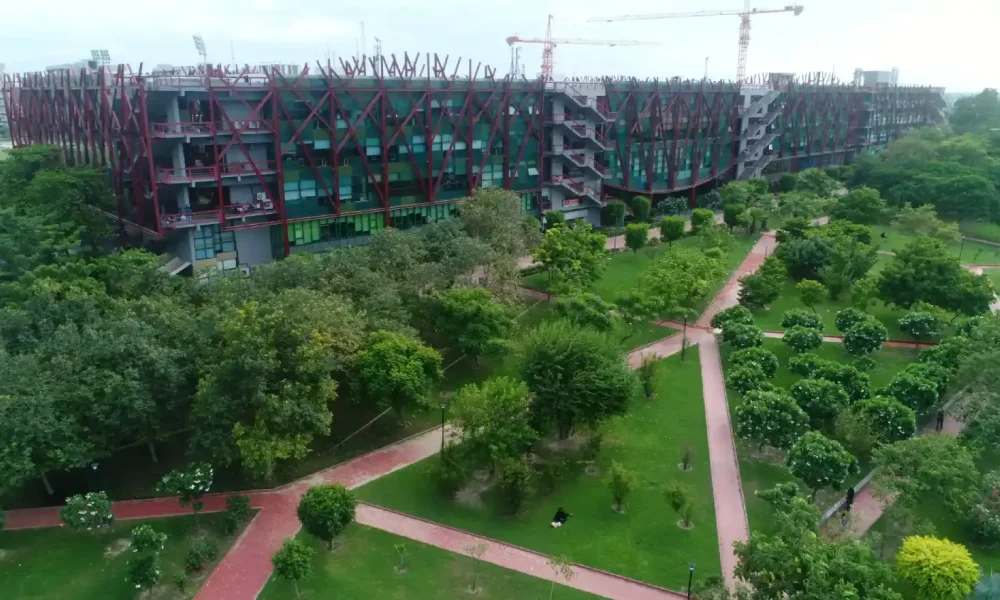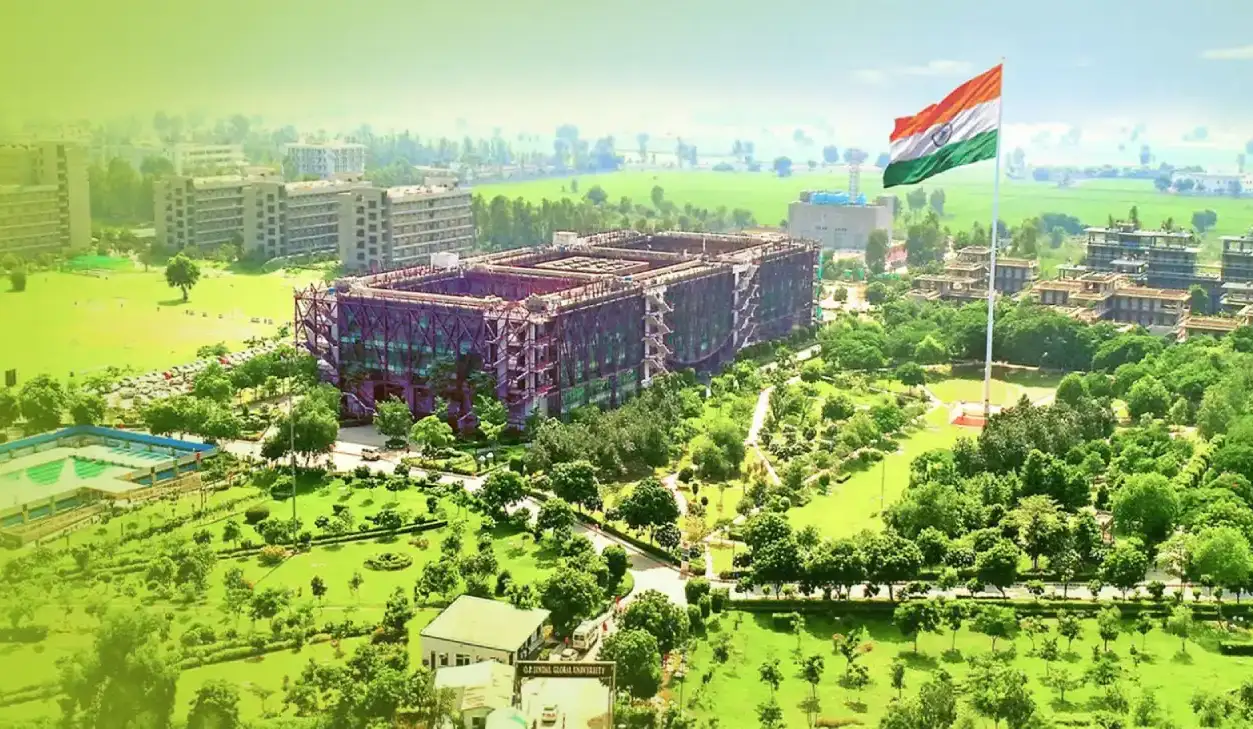There is no turning back the clock or returning to the times when the environment and climate were not at a breaking point. While we have become the most technologically advanced species, not much has been done for the environment and climate, and this phenomenon of change is very recent. However, this growing concern has shed light on the practice of environment and sustainable development, bringing it to the mainstream.
According to a 2018 report by the Intergovernmental Panel on Climate Change (IPCC), there are only 12 years left to make significant changes to combat climate change effectively. To avoid catastrophic climate impacts, global temperatures must not exceed an average increase of 1.5°C compared to pre-industrial levels. Current trends indicate that without drastic measures, we could see an increase of up to 6°C, which would have devastating consequences for ecosystems and human societies.
The study of the environment and sustainable development aims to build and develop sustainable materials that do not further harm nature. For thousands of years, humans have unknowingly extracted the majority of natural resources. Consequently, the need for sustainable development and the use of innovative materials and methods are now being explored.
The sustainability market is projected to reach $48 trillion by 2030. This growth underscores the increasing importance of sustainability in business and the need for skilled professionals who can overcome this challenge.
Before we delve into the courses and modules of academic programmes relating to the environment, climate, and sustainable development, let us look at the skills required to tackle these issues head-on. Unlike other career options, these environment and sustainable development programmes focus on community development and value communication skills. Here are a few potential skills to consider if you are thinking of pursuing a career that contributes to the betterment of the climate.
Communication Skills
Good communication skills are essential in every field or career path, as they are instrumental in daily life. In a professional space, particularly when addressing environmental issues and climate concerns, effective communication holds the most critical position. It is key to achieving substantial progress, not just in your career but also in the environmental projects you participate in.
Technical Knowledge & Skills
There are many technical aspects involved in sustainable development, which pays tribute to the environment. This includes researching materials, industrial standards, regulations, and trends currently impacting the market. To work effectively towards changing the climate, a holistic approach is required, along with the technical knowledge necessary to justify the means of each project.
Collaborative Effort
From the time we are enrolled in school, great emphasis is placed on developing social skills and encouraging collaboration and teamwork. These skills are essential in professional workspaces. In environment and sustainable development programmes, collaborative effort is highly valued, as a project’s success often depends on the internal relationship of the team.
Flexible Work
Jobs in the environment and climate change sectors require individuals who can adapt to sudden changes. This often involves significant fieldwork, with frequent geological and weather-related changes expected during these field trips. Additionally, workers must be flexible with their work timings, much like many roles in today’s corporate world.
Degree in Environment, Climate & Sustainable Development
The Jindal School of Environment and Sustainability is one of the leading institutions offering academic courses and programmes highlighting the need for sustainable development, spreading awareness, and systematically taking adequate measures. The courses taught at the Jindal School of Environment and Sustainability are structured by combining elements of social and natural sciences to achieve the goal of sustainable development through scientific knowledge.
B.Sc. (Hons.) in Environment & Sustainable Development
JSES offers a specialised course module aimed at enriching young minds with the knowledge and necessary skills to tackle and solve environmental problems. It is a research- and practice-based programme where students are encouraged to gain laboratory skills and are trained to perform scientific analyses, all with the purpose of improving the climate and the environment. Here are some benefits of studying the environment and sustainable development at JSES:
- The exceptional faculty and their scientific approach to each subject provide students with rare insight and an understanding of environmental issues from a sustainability perspective
- The course material’s wide variety offers in-depth knowledge about the different sectors involved in environmental improvement
- Beyond the course structure and high standard of education, JSES prepares its students to explore career opportunities that align with their personal skills
Sources
[1] https://iucn.org/blog/202308/building-sustainable-future-mastering-ten-essential-skills
[2] https://plana.earth/academy/is-it-too-late-for-our-planet
[3] https://www.linkedin.com/pulse/fastest-growing-career-sustainability-required-skills-ali-abdo
[4] https://www.youtube.com/watch?v=Kl3VVrggKz4
[5] https://www.ucem.ac.uk/whats-happening/articles/sustainability-skills/
[6] https://www.un.org/sustainabledevelopment/climate-change/
[7] https://www.cedefop.europa.eu/files/3800-att1-1-Presentation_Rigg.pdf
[9] https://digitaldefynd.com/IQ/skills-required-to-be-successful-sustainability-leader/






